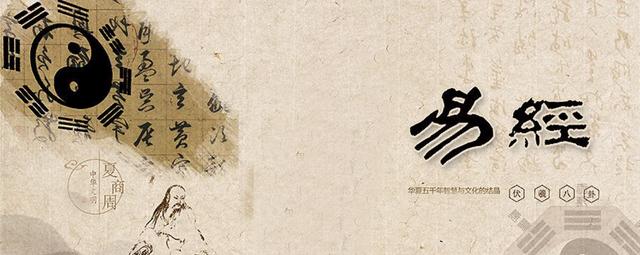According to historical texts, although Bu and Zheng are two different kinds of divination, they were originally used together, at least before the Han Dynasty, such as in the Zuo Zhuan, there was such a record, that is:

The gist is that the Duke of Jin xian wanted to marry Li Ji as a wife, and when he used "Bu" to occupy, he did not occupy it well, but when he used "筮", he could take "Ji", so he simply abandoned Bu Congzheng.
It can be seen that Bu and Zheng were originally used in combination.
So, what is the difference between divination and zheng in the same way?
In fact, the difference between Bu and Zheng is mainly reflected in the following three aspects, namely:
First, the medium of divination is different
Generally speaking, bu uses animals as a medium, such as tortoise shells and other animal bones.
Before divination, it is often necessary to wear chisels on the bone surface, it is said that the shapes drilled by Yin Shang are mostly round and fusiform, while the "Bu" of the Zhou Dynasty is mostly square chisel without diamonds.
It is said that diviners often use drilling and casting fire to make the "back of the animal bone or tortoiseshell" appear horizontal and vertical, which is also the origin of the word "Bu".
The basket, on the other hand, is a medium of plants, such as knotted grass or folded bamboo, and later yarrow.
According to Sima Qian's biography of Gui Celie, the ancients believed that yarrow had a mysterious meaning.
But in fact, whether it is yarrow or folded bamboo, in the end, it is just a tool for calculation.
It can be seen that the medium used by Bu and Zheng is different.
Second, the results of the bu depend on looking, while the zheng depends on calculation
It is said that the result of the "bu" is called the sign, and the result of the zheng is the gua xiang or the yao elephant.
Further, "Bu" can get signs by just looking at them without counting, while Zheng needs to count or deduce to get the gua xiang and the yao xiang.
For example, in the "Left Biography", there is such a record, that is:
The general idea is that the main elephant of the turtle, that is, "Bu", needs to be seen, and the main number of the turtle needs to be counted or calculated.
This is another difference between Bu and Xiao.
Third, the time of occurrence is different
According to archaeologists, Bubi is older.
For example, bone bu can be traced back to the Neolithic age, gui bu can also be traced back to the Yin Shang period, and the earliest zheng zhan, that is, the digital zhan, appeared in the late Shang Dynasty.
Of course, from the perspective that it is easy for people to take refuge, it can also be found that turtle shells or animal bones are much more difficult to find than yarrow or folded bamboo.
Therefore, on the whole, Bu is older in time than Zheng, not to mention divination after the Zhou Dynasty, although Bu Zheng is used in combination, but it is generally chosen to first divinate and then Zheng.
This is the third difference between Bu and Zheng.
Therefore, in summary, these contents are actually the three differences between Bu and Zheng.
For more exciting content, come and ask about the blue sky
Asked the blue sky to focus on traditional Chinese studies, every day there is a content update, like friends don't forget to click on the attention, welcome to collect, welcome to appreciate, welcome to forward.
The materials in this article are mainly quoted from the Analects, Zhuangzi, Tanjing, Tao Te Ching, Wang Shuo Anthology, Dream of the Red Chamber, Jin Ping Mei, Waste Capital, Walking Alone, Philosophy of Life, Plato As He Said, History, The Complete Works of Wang Yangming, Huayan Jing, University, Li Ji, Tiandao, Sun Tzu's Art of War, Wang Biji's Interpretation, Zhou Yi, and The Book of Poetry.